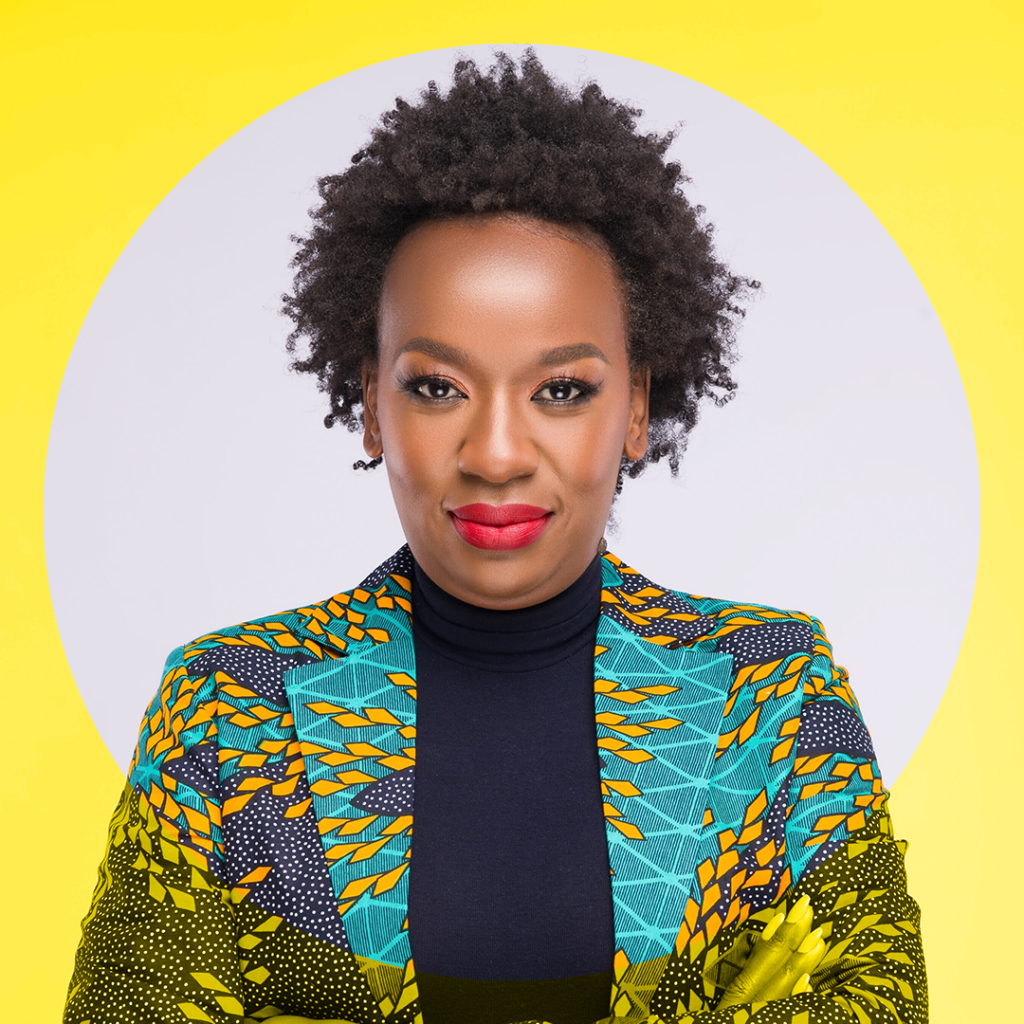Scope Q&A: Scheaffer Okore
Meet Scheaffer Okore, Scope’s Senior Policy and Strategy Advisor and long-term partner! Scheaffer is an internationally acclaimed feminist who has extensive experience working intersectionally on policy, governance, and gender issues. She is a strong advocate for women’s participation, leadership, and representation. At Scope Impact, Scheaffer brings her intersectional expertise to our #formnigani, Cervical Cancer Prevention, and other upcoming projects. We asked Scheaffer a few questions about her work and what motivates her.
What inspired you to become a feminist, gender policy, and strategy advisor?
I’ve been working on intersectionality for over nine years, so connecting gender policy and strategy with a feminist lens felt natural to me. I formalised the title after realising that a substantial part of my professional work was creating strategic ecosystems for new ways of working.
When we are working towards progressive gender policies, we must engage the nuances that exist in the invisible structures of inequality. Feminism allows us to do this nuanced engagement because of its ability to dissect layered systems. I deeply enjoy advising organisations whose work intersects with gender either directly or indirectly to broaden their programmatic boundaries, processes, and impact.
What are you looking forward to most in your work on Scope’s cervical cancer prevention project?
I’m looking forward to the joy of working with an eclectic team of supportive and emphatic colleagues. It’s very rare to work with people who are anchored in a work culture of kindness the way Scope is, so that’s a huge blessing.
Regarding the project, I’m thrilled about the endless possibilities that we can achieve in normalising the conversation of cervical cancer, re-education, and holistic awareness to dismantle stigma and build a groundswell of demand for better services for women and girls. This project aims to reduce the layered health barriers against underserved women, which is very close to my heart.
Why is eliminating cervical cancer important to advancing gender equity?
The key is to understand that gender inequality is held together by unjust systems of patriarchy, and that all current systems – be they religious, political, economic, or health-related – are rooted in structures that position the female gender as less valuable than the male. As a direct consequence, women don’t have the power to claim full autonomy of their bodies.
Decisions made about women’s bodies, health, access to information and services depend on male-accepted perceptions, which is why it isn’t socially acceptable for women to take charge of their reproductive health in Kenya. These unjust systems hold society back from openly and collectively discussing women’s reproductive health and deny women the power to advance gender equity. Eliminating cervical cancer enables women to take charge of their reproductive health and achieve inclusive wellbeing without biases or subjugation.
Back to news
